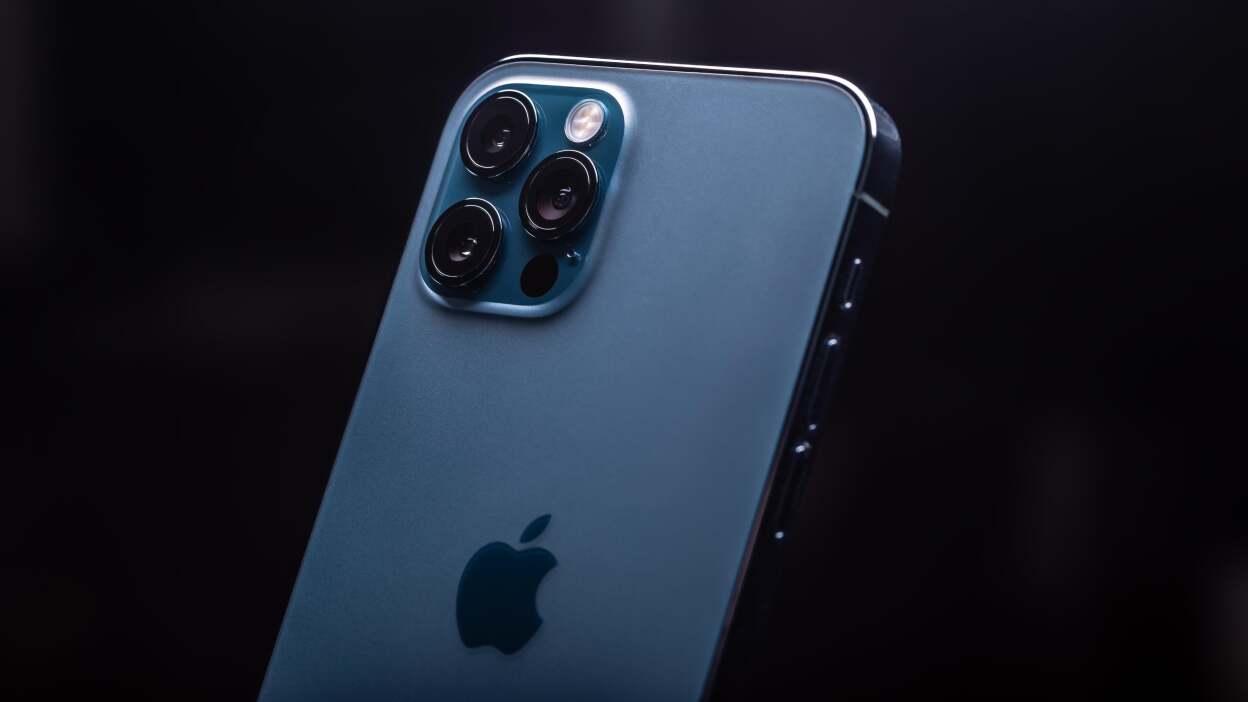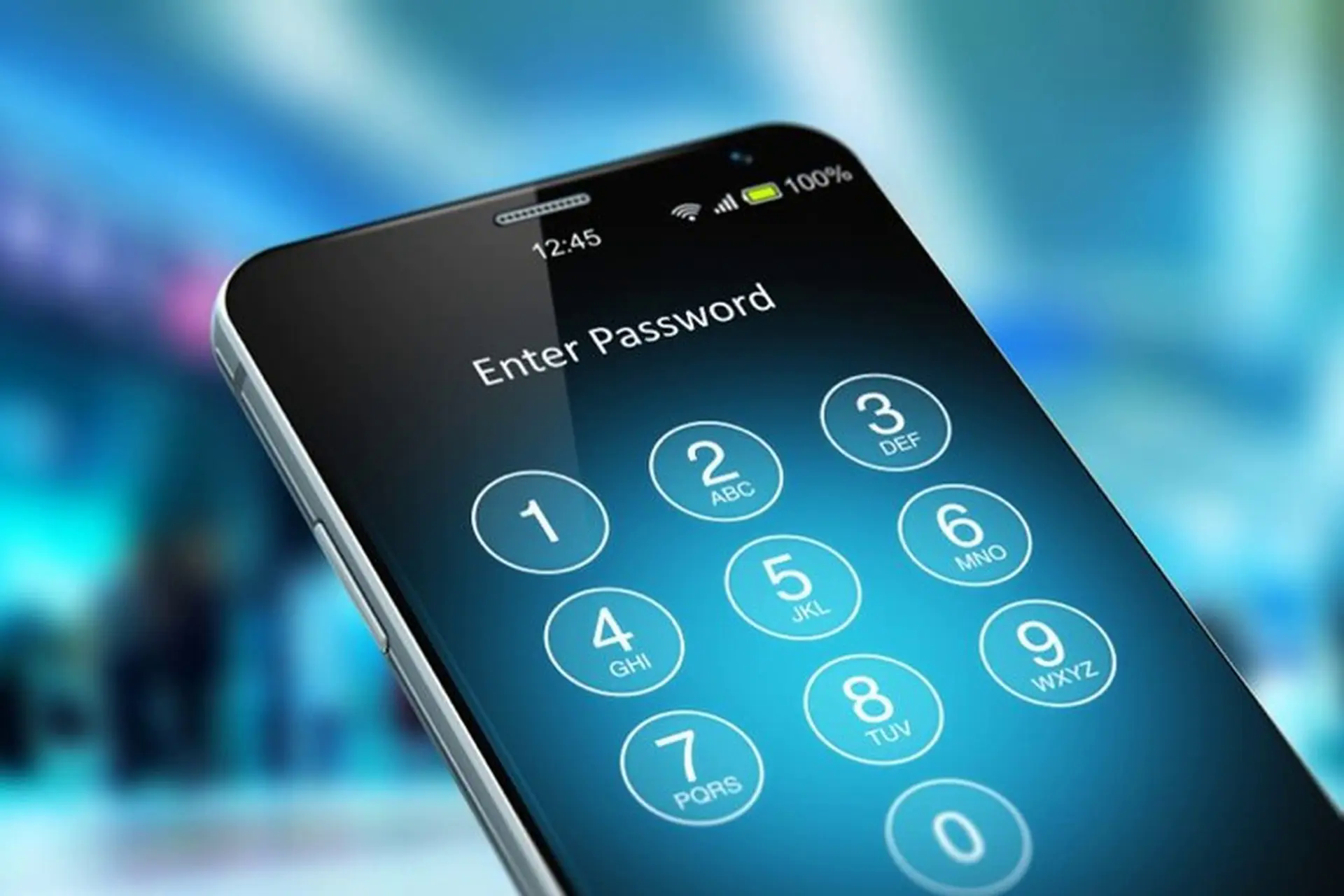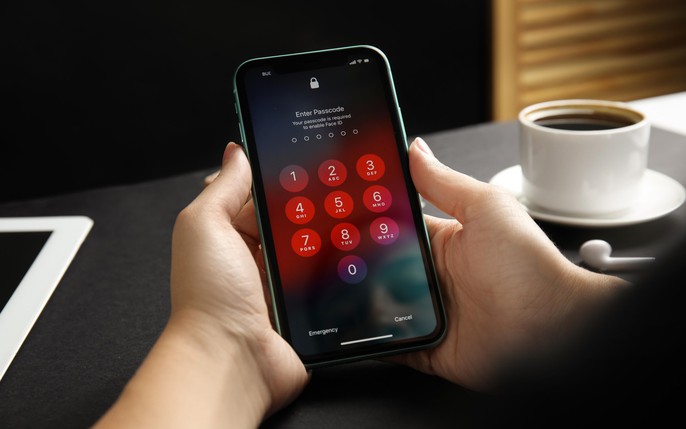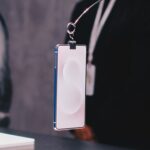The story of the stolen iPhones is no stranger, but it is worth mentioning that in many cases, it is the security tools designed by Apple to protect users accidentally becoming a “double -edged sword”, which is sophisticatedly used by crooks. As a result, not only lost the phone, many victims also suffered the pain of losing valuable personal data, even the whole “digital life” they have worked hard for decades. Apple’s helplessness in supporting data recovery has pushed many people to the end, forcing them to search for justice by the path of lawsuits.
Recently, the Washington Post reported on the case of Michael Mathews, a victim who stole his iPhone at Scottsdale, Arizona (USA). Not accepting the loss of important data up to 2 TB, including family images, work documents and countless personal memories, Mr. Mathews decided to filed sue Apple to the Northern California Court. His request not only stopped restoring access to data but also claiming compensation for at least US $ 5 million.

Mathews’s lawsuit is not a particular case. A few weeks earlier, another victim, Robin Davis in New York, also fell into the same situation. Ms. Davis became the victim of a thief pretending the nightclub, he was fabricated by him, stole the password to unlock the iPhone and snatch the phone from his hand while she was preparing to get in Uber.
Although the financial damage caused by illegal thieves using her credit card is not small, the pain of loss is greater for Davis, which is not possible to regain important files such as contacts, wedding photos, work data and other personal information. Her indignation is not only towards the act of the thief but also aimed at indifference and refusing to support the recovery of access to Apple’s main account.
Users accusing “Apple on criminals”?
As a leading technology corporation in the world, possessing a market capitalization of nearly US $ 3,000 billion, Apple has always strongly affirmed its commitment to protecting privacy and user data as an inviolable principle, even resolutely refusing to cooperate when being pressured by law enforcement agencies in some cases.
However, the paradox is that some victims have realized a bitter thing that the security tools designed by Apple to protect them are being taken advantage of by bad guys, turning into solid barriers that make them completely lose access to invaluable personal data warehouse. When an iPhone falls into the hands of the thief, especially when they have a password to unlock, they can quickly take control of the owner’s Apple account. By changing the Apple ID password and even created a new “recovery lock”, the crook locked the owner to actually out of Apple’s ecosystem, making the process of recovering files and memories become extremely difficult, even impossible.

The iPhone security is being used by bad guys
In the case that is taking place in California, Michael Mathews painfully presented that he permanently lost access to family images, music collections, important tax returns and valuable research materials related to his work. He even claimed that his company had to close completely after this incident, a clear evidence for the serious consequences that the loss of data could cause.
Mr. Mathews’s lawsuit emphasizes a serious allegation: “Although Mathews can provide complete and undeniable evidence that accounts and data in Apple accounts are theirs, the company still resolutely refused to reset the recovery lock or allow Mathews to access that account and data.
On the side of Apple, the group refused to make any direct comments on the lawsuit that was causing a stir in the public opinion. In response to the Washington Post, Apple representatives expressed sympathy with those who had experienced this heartbreaking situation and asserted that they “were very serious in handling all attacks on their users, no matter how rare they were.” However, this reassurance does not seem enough to ease the indignation and disappointment of the victims.
Lawyer K. Jon Breyer, a legal representative for Mr. Mathews, asked a challenging question: “Apple does not own that data, so why do they have the right to keep it without returning it to the legal user? It is a question they have never made a satisfactory explanation.”
Currently, the lawsuit is entering the evidence collection phase, a complicated and time -consuming legal process, which is expected to last at least 6 to 8 months before the official trial can take place.
Iphone security feature is being used by bad guys
According to the Washington Post’s analysis, the iPhone has long become an attractive goal for theft. When thieves have a password unlocking the device, as in the case of Ms. Davis, they can easily access the victim’s Apple account, change the current password and even create a new recovery lock. This recovery lock is a series of 28 complicated characters, designed to help users regain access to their account in case of being invaded or forgetting a password.
The serious problem lies in that, once the new recovery lock is created (regardless of whether the true owner or the thief), Apple will automatically disable the entire process of restoring the usual account they provide. On its official support page, Apple wrote very clearly: “If you lose access to your account and have no recovery lock, you will be permanently locked.”

Once locked from Apple accounts, all data is stored on iCloud, including photos, notes, recording and many other types of data, still exist and encrypted on the cloud. In some cases, Apple holds “key” to decode these data. However, if the user has actively enabled the “Advanced Data Protection” feature, a more powerful security option, even Apple is completely unable to access this encrypted data. The irony is that, in the case of Mathews, this advanced data protection feature has not been activated, which means technical, Apple is completely accessible to his data.
Lawyer Breyer emphasized: “Apple has never made it clear to us that they could not recover data. Silence and refusing their support is confusing and annoying the victims.”
Besides, the account recovery process that Apple offers also encountered many criticisms from users and security experts. According to Apple’s instructions, during the recovery process, users should turn off all devices associated with the account. If the account is still being used, even by the thief, the recovery requirements will be automatically canceled, a regulation that is thought to be unreasonable and cause more difficulties for the victims that are inherently disadvantaged.
However, Apple still asserts that they “work non -stop every day to protect accounts and user data, and continuously add new protection features such as Stolen Device Protection, helping to protect accounts and personal information in case the iPhone is stolen.” The account protection feature when the stolen device has been integrated into the iOS operating system from January 2024. It requires authentication with Face ID or Touch ID when the user tries to access the saved password and credit card information, and delayed sensitive actions such as changing the Apple ID password. However, a problem is that this feature is not defaulted during the iPhone setting and is not widely promoted, leading to many users who do not know its existence and thus not activate to protect themselves.
According to security experts, technically, account recovery in such cases is completely feasible. Lorrie Cranor, Director of Cyrab Institute of Security and Privacy at Carnegie Mellon University, said: “Users have to provide a lot of personal information to register an Apple account, so they can completely be asked to submit the police report to prove that their phone was stolen. I felt very strange when Apple did not clearly explain why they refused to support data recovery.”
Mathews’s lawsuit is gradually becoming a fulcrum for many other victims who are suffering from the same situation. Lawyer Breyer revealed that his company has received about 10 new customers with cases of iPhone theft and loss of data due to Apple’s helplessness in supporting recovery.
Some victims have never even heard of Mathews’s lawsuit. However, when they learned the information, they immediately expressed hope that Apple would be forced to change the policy to support users in similar situations. Eli Mink, 30, lived in New York, shared that his iPhone was stolen when he was with his friends. Although a number of fraudulent transactions have been repaid by the bank, hundreds of dollars in his sports betting account have been permanently lost. What makes him more heartbreaking is that every year the memories from high school also disappeared with the stolen phone because he set up a recovery course and could not recall. Currently, he has switched to using the Google Pixel phone because he felt disappointed with the way Apple handled the problem.
“It seems Apple does not seem to be interested in the user’s losses. It is the most painful thing.” The story of him and Mr. Mathews are only two of the many cases that the victims of iPhone loss not only lose their physical property but also suffer the pain of invaluable data loss, along with the frustration and indignation of the indifference of a leading technology corporation in the world. The event that is going on will probably be a wake -up bell for Apple and raise great questions about their responsibility in protecting user data, especially when their security measures become the cause of irreversible losses.


















